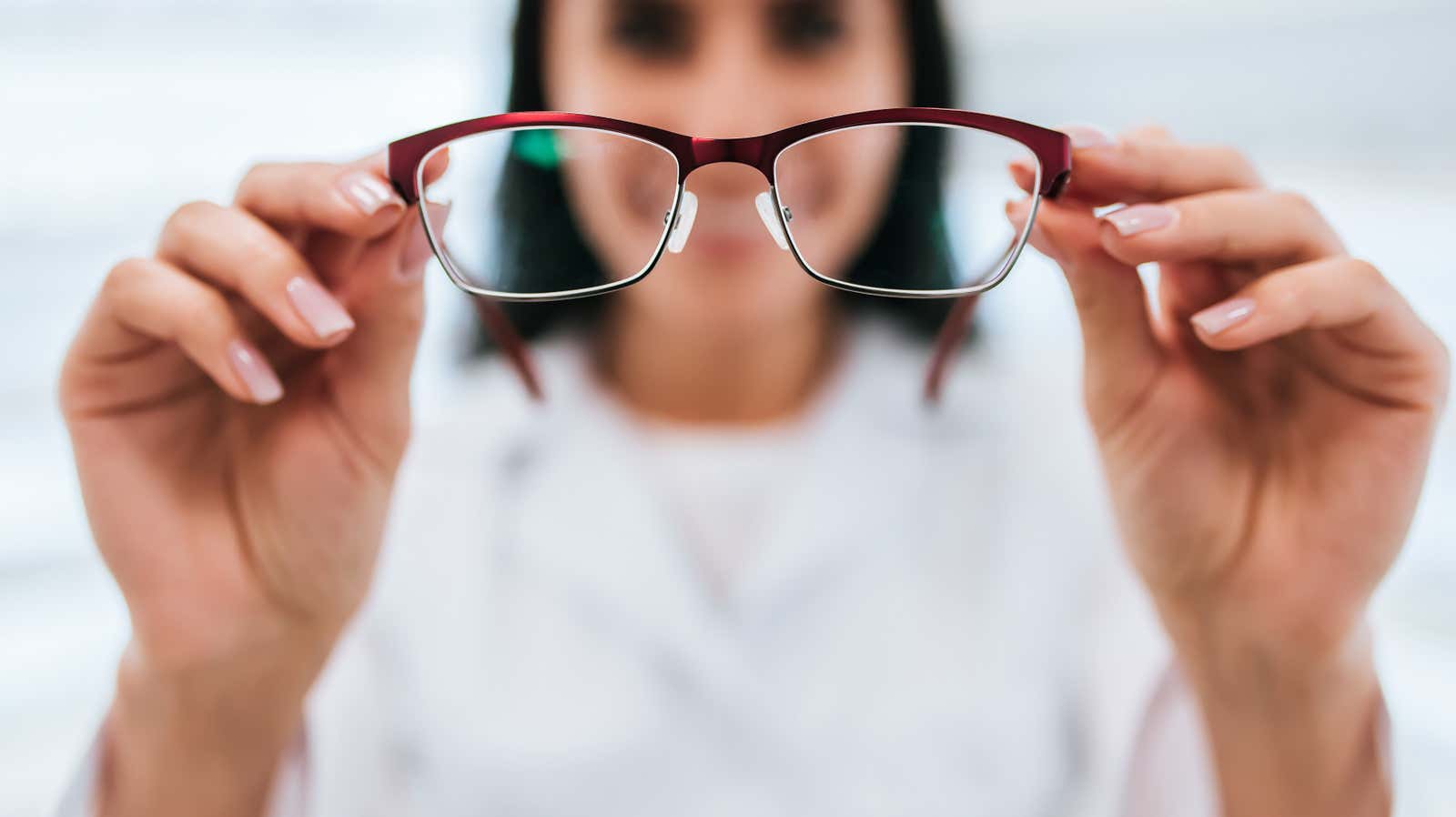If You Wear Contacts, Consider Switching to Glasses Now

The American Academy of Ophthalmology (AAO) believes that if you wear contact lenses, you should consider switching to glasses .
“We’re telling people not to rush into contact lens wear right now,” says Thomas Steinemann, MD, AAO spokesman and professor of ophthalmology at MetroHealth Medical Center.
Improper use of contact lenses can cause vision problems
The AAO guidelines are based in part on real world use, as many contact lens wearers can be careless when it comes to wearing them, which can cause vision problems.
“It’s easy to forget, we’re all busy, we all want to save time, we cut corners, and sometimes these solutions are bad for your eye health,” Steinemann says, adding that he sees all patients in his practice. time having problems due to improper use of contact lenses.
We are all to blame for falling asleep with our contacts, not regularly disinfecting lenses, and forgetting to wash our hands before inserting and removing them. Considering how stressed we are, using contact lenses correctly is another thing to keep in mind, another thing to be overlooked, and something that carries the risk of developing medical problems.
Glasses offer an easier option, reducing the risk of burdening an already overburdened healthcare system.
Eye problems in COVID-19 patients
There is also evidence that a very small percentage of COVID-19 patients , between 1% and 3%, develop conjunctivitis, commonly called pink eye, and that the virus can be found in secretions from the eyes in these patients. As Steinemann notes, this is still an area of ongoing research, stating that “we know little about the behavior of COVID-19 in the eyes.”
Scientists still don’t know when COVID-19-associated conjunctivitis develops compared to other symptoms, when the virus begins to appear in eye secretions, or how much risk it poses in terms of transmission, but it’s still a factor to consider. … While contact lenses themselves will not infect COVID-19, they can play a role in the transmission of the virus.
“Contact lenses can act as a carrier of the virus,” says Steinemann. To establish and remove contacts, you need to touch your eyes with your fingers, which can spread the virus.
If you do wear contact lenses, use them correctly.
If you decide to wear contact lenses, it is doubly important to follow all the recommendations . This includes washing hands before and after using contact lenses, regularly disinfecting contact lenses, discontinuing use in the event of illness, and discarding expired lenses.
“Protect your eyes, protect your health and protect the health of those around you,” says Steinemann.